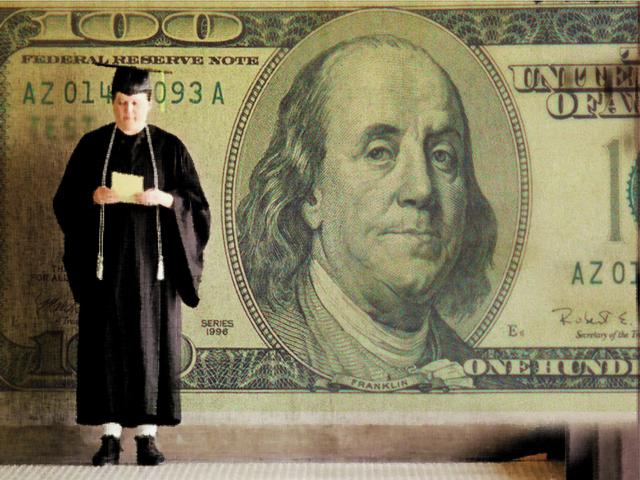
by Fenorris Pearson
How is the game played at the top? How do you get there and, once there, how do you stay put? And how, in these trying times where jobs are hard to come by and competition is stiffer than ever, can you ever hope to achieve such lofty goals? These are not questions to ask at the end of a career but at the beginning; these are thoughts to have not upon reflection during your retirement dinner but before deciding to ask for that promotion, leapfrog to another successful company or capitalize on the success you’ve already experienced.
Before starting my own business I was Vice-President of Global Consumer Innovation for Dell, Inc., the 35th largest corporation on the Fortune 100 list. Prior to joining Dell, Inc., I was Vice-President of Global Organizational Development for Motorola, Inc. Motorola, Inc. is a Fortune 50 global company with revenues over $40 billion. If there’s one thing I’ve learned on my journey to corporate success, it’s this: The rules are different at the top.
Actually, the rules are very different at the top; there is little slack and even less room for errors. Smart people like to work with smart people and don’t suffer fools gladly. When cutting edge technology, name players, new products and billions of dollars are on the line, there is no room for sleepwalkers, jokers or phoning it in. Top performers get to the top by bringing their A-game every time, but now even that isn’t enough.
Today, more than ever, with layoffs a predictable morning headline and gold-standard companies like Circuit City, Steak & Ale, Linens and Things and Sharper Image shutting their doors in 2008, if you’re not firing on all cylinders, you won’t get in the door, let alone into that corner office. Regardless of the tight economy, or perhaps, because of it, companies are still hiring; but only the best. Companies are still promoting but, again, only the best. If you are looking for that entry-level job you can have it; if you have already been working in corporate and want that big promotion you can get it – but not by coasting into position. Rewards come quickly and are still great, but you will have to come fully prepared to work at the top of your game; every day, every time. How?
Click to read.





















































